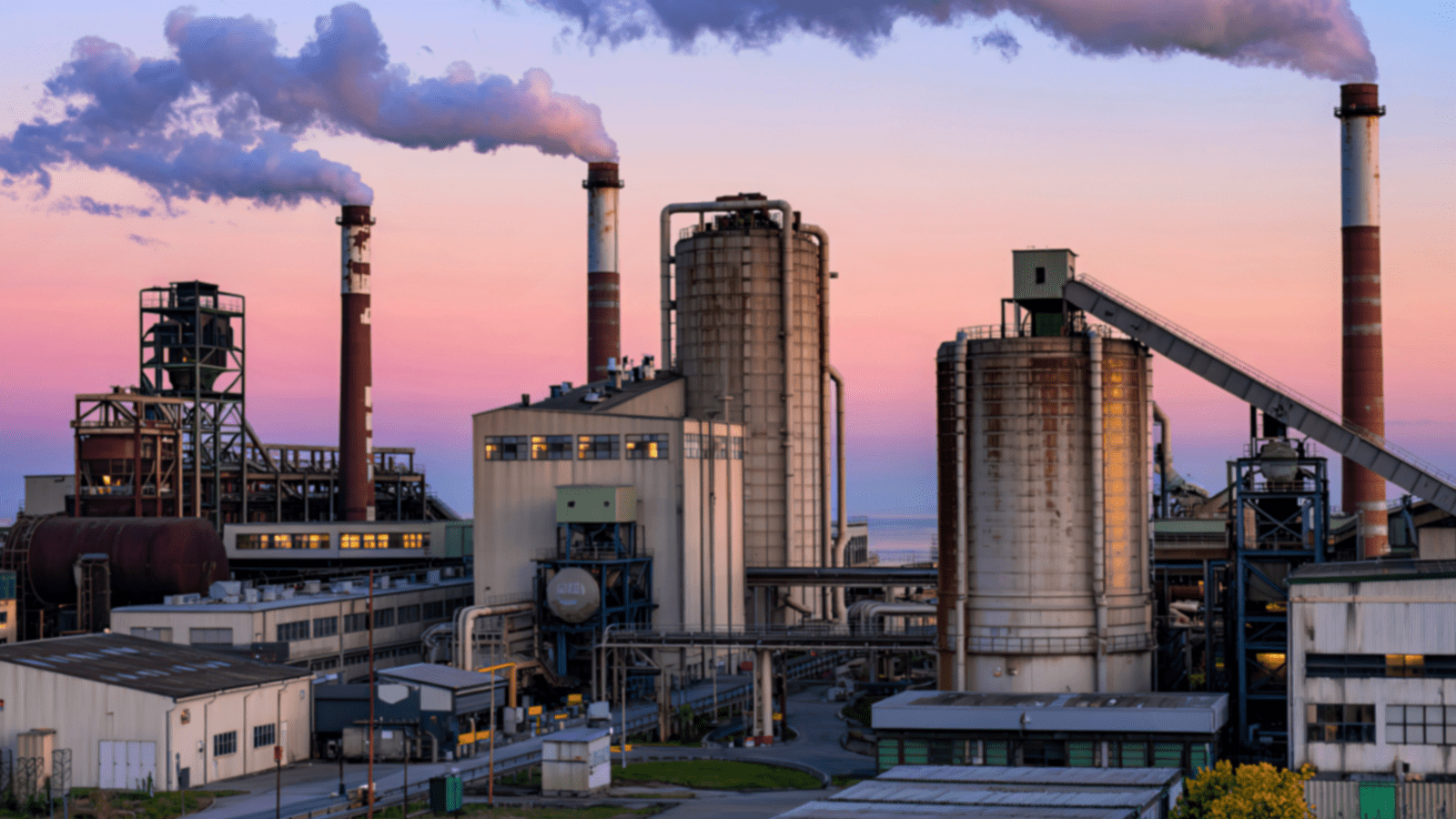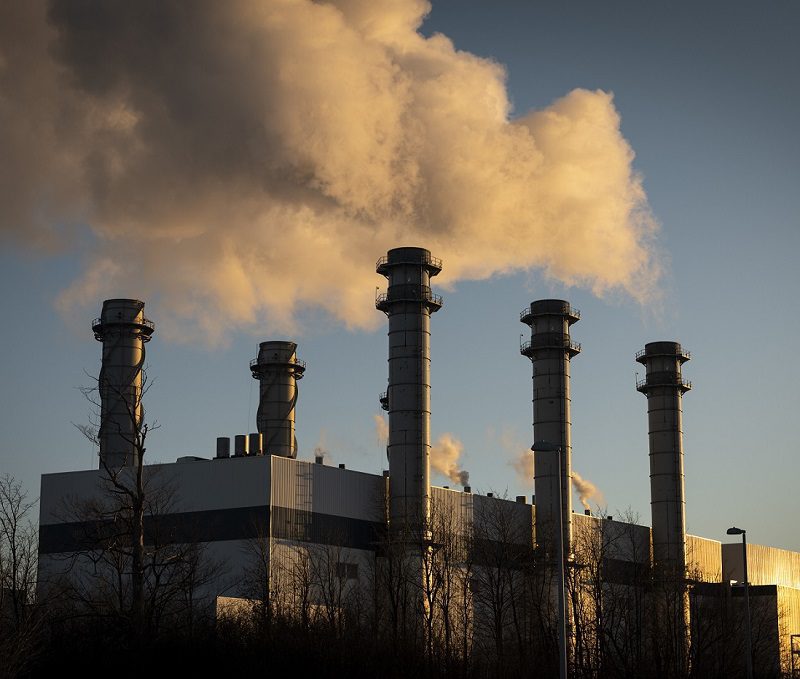In our last blog, we exposed the high cost of clinging to oil and gas – a sector that is on its way to becoming a financial liability for Canada. But the risk goes beyond stranded assets. It threatens two pillars every elected official claims to protect: good jobs and government revenues. And here’s the truth: Big Oil is endangering both.
Right now, fossil fuels still prop up public budgets – especially in Alberta, where oil and gas deliver about one-third of the provincial budget. From 2022 to 2024, governments across Canada pocket an average of USD $36 billion (CAD $49 billion) a year from the sector. Sounds impressive, right? Well, don’t get too comfortable.
Analysis from Environmental Defence and the International Institute for Sustainable Development warns that this stream of cash is about to dry up.
In a net-zero world, government revenues from oil and gas collapse by a whopping 96%, to about USD $1.3 billion (CAD $1.77 billion) annually by 2040, due to declining global demand for Canada’s oil and gas. Even if countries fall short of the goals of the Paris Agreement and are only able to meet their current pledges, revenues still plummet by 68% to USD $11.6 billion (CAD $ 15.8 billion). That’s not belt-tightening. That’s a freefall.
And for provinces like Alberta, Newfoundland and Labrador, and Saskatchewan – where oil makes up a good chunk of their GDP – it’s an economic earthquake. Without diversification, the fallout will be brutal: deeper deficits, slashed public services, and/or new taxes.
The Fossil fuel industry and their friends in governments love to frame fossil fuel expansion as a jobs plan. Here’s the reality, though: the jobs in this sector are disappearing, whether Canada approves new projects or not.
Canada’s oil sands, the largest source of oil production in the country, are already automating operations. And by 2050, employment in the oil sands is projected to fall from 100,000 jobs in 2024 to just 5,000. That’s a 95% wipeout. And it’s happening because the global market is shrinking, and companies are cutting costs to maximize profits.
Expanding oil and gas production won’t reverse this trend. Meanwhile, the clean energy sector is expected to continue expanding. With the right policies, Canada can create up to 700,000 new jobs in renewables and electrification by 2050. These are future-proof jobs – not tied to a dying oil and gas industry.
The drastic decline in demand for Canada’s oil and gas will have far-reaching impacts. Oil and gas companies make up about 16% of investments on the Toronto Stock Exchange. When these companies lose value – as the analysis predicts – they’ll drag down pensions, mutual funds and retirement savings.
Canada has a choice to make: remain locked into a high-risk gamble on a dying industry or seize the opportunity to lead the clean economy that the rest of the world is already racing towards. One path offers resilience, stability, and shared prosperity. The other offers stranded assets, broken promises and empty budgets.
Time is running out. The longer Canada bets on oil and gas, the steeper the eventual economic fallout. The returns on fossil fuels are vanishing, but the benefits of a just, clean transition are within reach. The question is: Will Canada act before the clock runs out?
Blurb
The first blog in this series revealed a hard truth: future oil and gas investments are a ticking time bomb for Canada’s economy, with up to USD $622 billion (CAD $855 billion) of oil and gas investments from 2022 – 2040 at risk of becoming stranded assets as the global energy transition continues to accelerate. This second instalment takes it further: those vanishing returns don’t just hit corporations – they drain government coffers and wipe out jobs.
So what’s the alternative? It’s not doubling down on a sunset industry. It’s embracing a managed phaseout of fossil fuels, paired with bold investments in renewable energy and robust support for workers and communities. In the next chapter of this blog series, we will explore the path forward.








